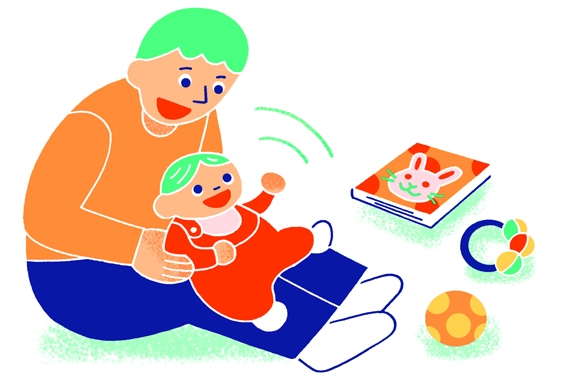Regulations to protect workers
"Labor" means working.
Various laws are established so that workers can perform their jobs without worries.
[Working hours]
No more than 8 hours a day or 40 hours a week. (Break times are not included.)
[Break time]
A break total of 45 minutes or more is required if you work more than 6 hours a day.
A break total of 1 hour or more if you work more than 8 hours a day.
[Day off]
Employers are required to give one day off a week, or 4 days or more per 4 weeks.
[Overtime work and holiday work]

Working more than 8 hours a day or 40 hours a week is called "overtime."
Working on the scheduled weekly day off is called "holiday work."
Your employer must pay you more than your basic salary If you do overtime or holiday works.
Overtime work must not exceed 45 hours per month and 360 hours per year.
[Annual paid leave]
Paid time off is called “annual paid leave”.
It is often called “nenkyu (annual leave)” or “yukyu (paid vacation)”.
You can take paid vacations from 6 months after the new employment starting day.
[Other special leaves]

There are also leaves such as the followings. Consult with your employer as soon as possible if you plan to take them:
- Prenatal and postnatal leave:
A long-time absence from work that can be taken before and after a childbirthIt is called " sankyu (maternity leave)".
- Childcare leave:
A long-time absence from work that can be taken by fathers or mothers to raise small childrenIt is called "ikukyu (childcare leave)".
- Nursing care leave:
A long-time absence from work that can be taken to care for elderly family members, etc.












